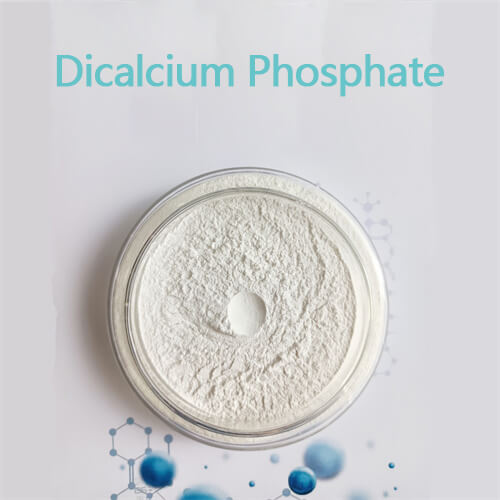
Dicalcium Phosphate Feed: A Simple Guide
| Feature | Description |
|---|---|
| What it is | A feed supplement with calcium and phosphorus for animals. |
| Main Use | Builds strong bones, improves eggshells, and helps milk production. |
| For Which Animals | Poultry, cattle, sheep, pigs, and other animals. |
| Key Benefit | A cost-effective way to add essential minerals to animal diets. |
| Safety | Safe when used correctly. Always follow dosage advice. |
Dicalcium phosphate, or DCP, is a mineral added to animal food. It gives animals two important nutrients: calcium and phosphorus. Most animal diets, especially those based on vegetables, do not have enough of these minerals. DCP fills this gap. It is made from either rock or bone sources. As a farmer or animal owner, I've seen how a lack of these minerals can affect an animal's health. Adding a quality dicalcium phosphate feed grade supplement is a simple fix for this common problem, ensuring animals get the foundation they need to grow strong and stay healthy.
Animals need dicalcium phosphate for many reasons. It is a key part of many feed supplements that boost livestock nutrition. The calcium and phosphorus in DCP help animals build strong skeletons and teeth. This is very important for young animals that are still growing. For chickens, it helps make eggshells hard, which means fewer broken eggs. For dairy cows, it supports milk production. A good balance of these minerals also helps with digestion and keeps the animal's immune system working well. From my experience, animals with the right mineral intake are more energetic and productive.
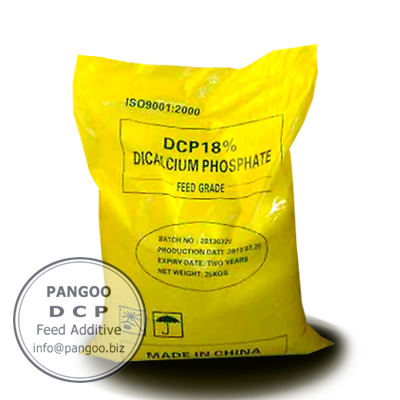
Different animals benefit from dicalcium phosphate in different ways. For poultry, it is vital for eggshell formation and bone strength. Our poultry minerals and vitamins guide shows how important this balance is. For cattle and sheep, DCP supports their skeletons, which is crucial for dairy cows making milk and sheep growing wool. Young pigs also need it to develop strong bones and grow at a healthy rate. Even pets like dogs and horses can get DCP in their food. It provides a balanced source of calcium and phosphorus for many types of animals, making it a very useful supplement.

The right amount of dicalcium phosphate depends on the animal, its age, and its health. It is always best to ask a nutritionist or a veterinarian for the exact dosage. Using the wrong amount can cause problems. However, there are some general guidelines you can follow. As an expert, I always advise starting with a standard recommendation and adjusting based on professional advice. Reputable suppliers like Pangoo Biotech can also provide guidance. Below is a simple table with common starting amounts.
| Animal | Recommended Dosage |
|---|---|
| Poultry | Mix 200g of DCP with 70kg of feed. |
| Cattle & Sheep | Mix 100g of DCP with 70kg of feed. |
| Horses | Feed 1-2 ounces per day. |
| Dogs | Feed 0.5-1 teaspoon per 10 lbs of body weight. |
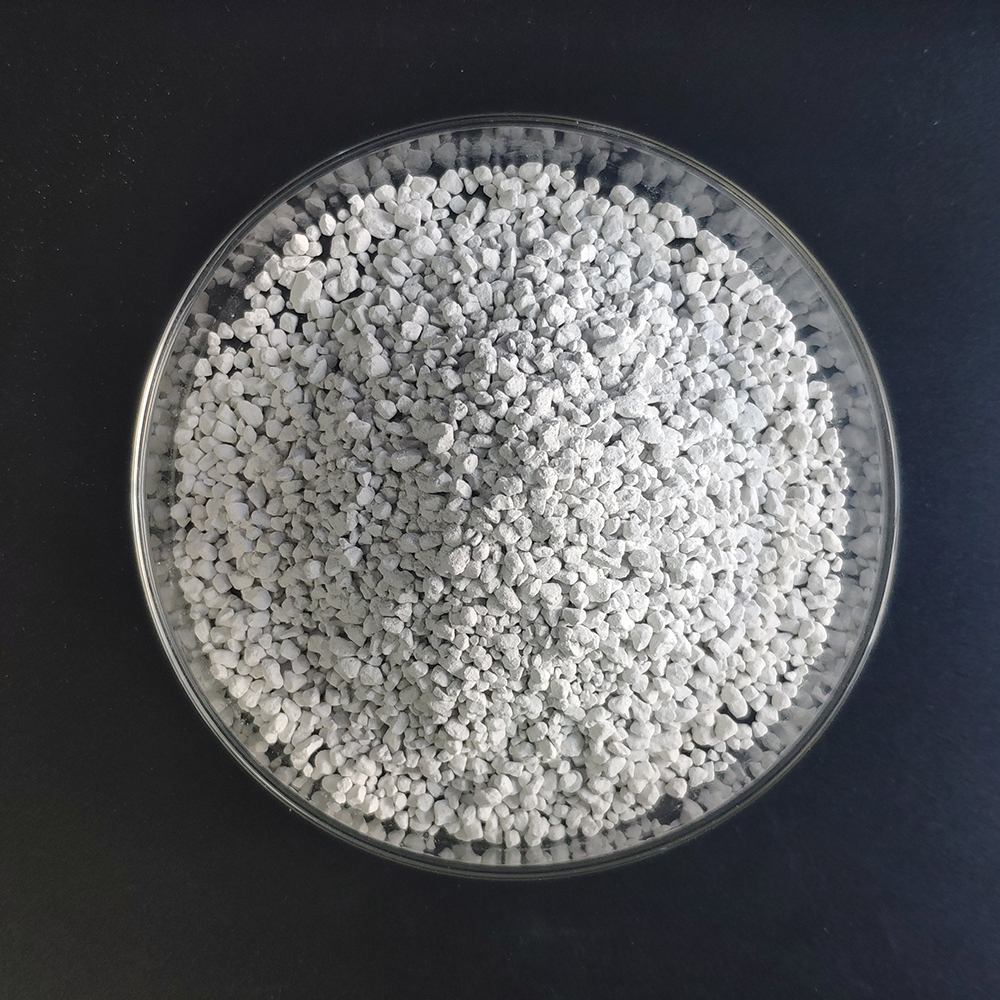
When looking for phosphate supplements, you will often see two types: dicalcium phosphate (DCP) and monocalcium phosphate (MCP). They are similar but have key differences. DCP is less expensive and works well for most livestock. MCP has more phosphorus and dissolves more easily, which can be better for very young animals. The choice often comes down to cost and the specific needs of your animals. I've found that for general use in adult poultry and swine, DCP provides excellent value. You can explore both in our minerals category.
| Aspect | Dicalcium Phosphate (DCP) | Monocalcium Phosphate (MCP) |
|---|---|---|
| Phosphorus | 18% | 22-26% |
| Solubility | Less soluble | More soluble |
| Price | Cheaper | More expensive |
| Best For | General use in poultry, swine | Young animals, high-phosphorus needs |
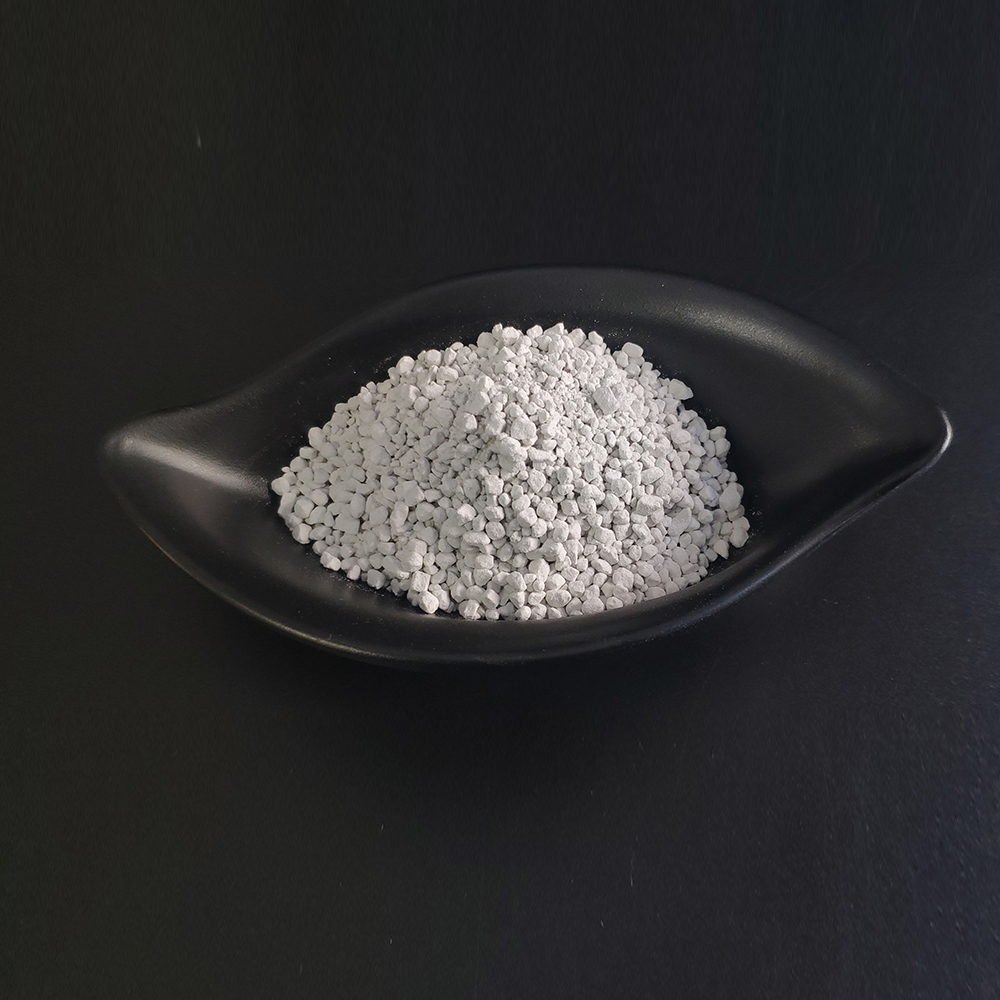
Dicalcium phosphate is safe for animals when you use it correctly. The biggest risk comes from giving too much. An imbalance of calcium and phosphorus can lead to health issues like milk fever in cows or urinary stones in sheep. This is why following dosage guidelines is so important. Another key to safety is the quality of the product. You should always buy from a trusted source that follows strict quality control. Learning how to choose a supplier in China can help you find a reliable partner that provides safe, high-quality feed additives.
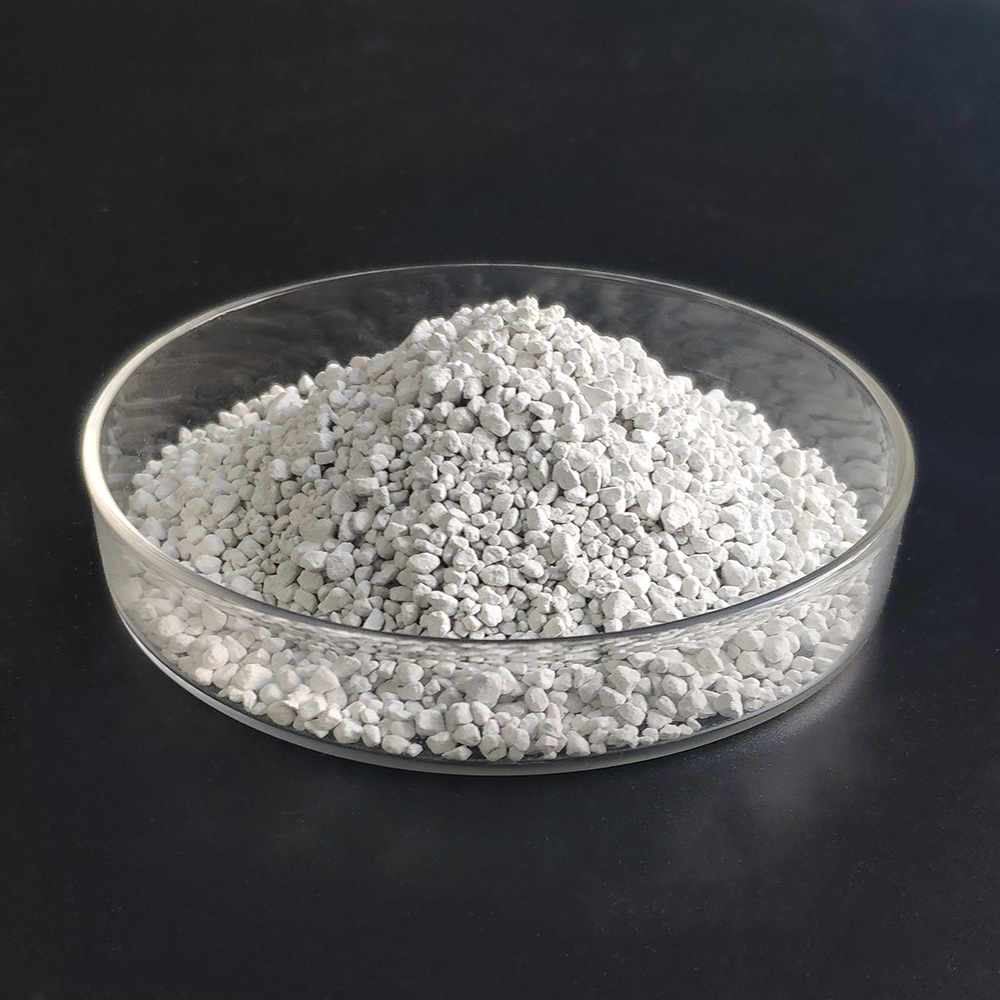
Choosing the right supplier is critical for getting a safe and effective product. Look for a manufacturer with a good reputation and years of experience. They should have quality certifications, like ISO 9001, to show they meet international standards. A good supplier can also help you choose the right product for your needs. Pangoo Biotech is a leading producer of China feed additives and has been in business since 1993. We focus on creating high-quality, eco-friendly solutions for animal nutrition, ensuring you receive a product you can trust for the health of your animals.
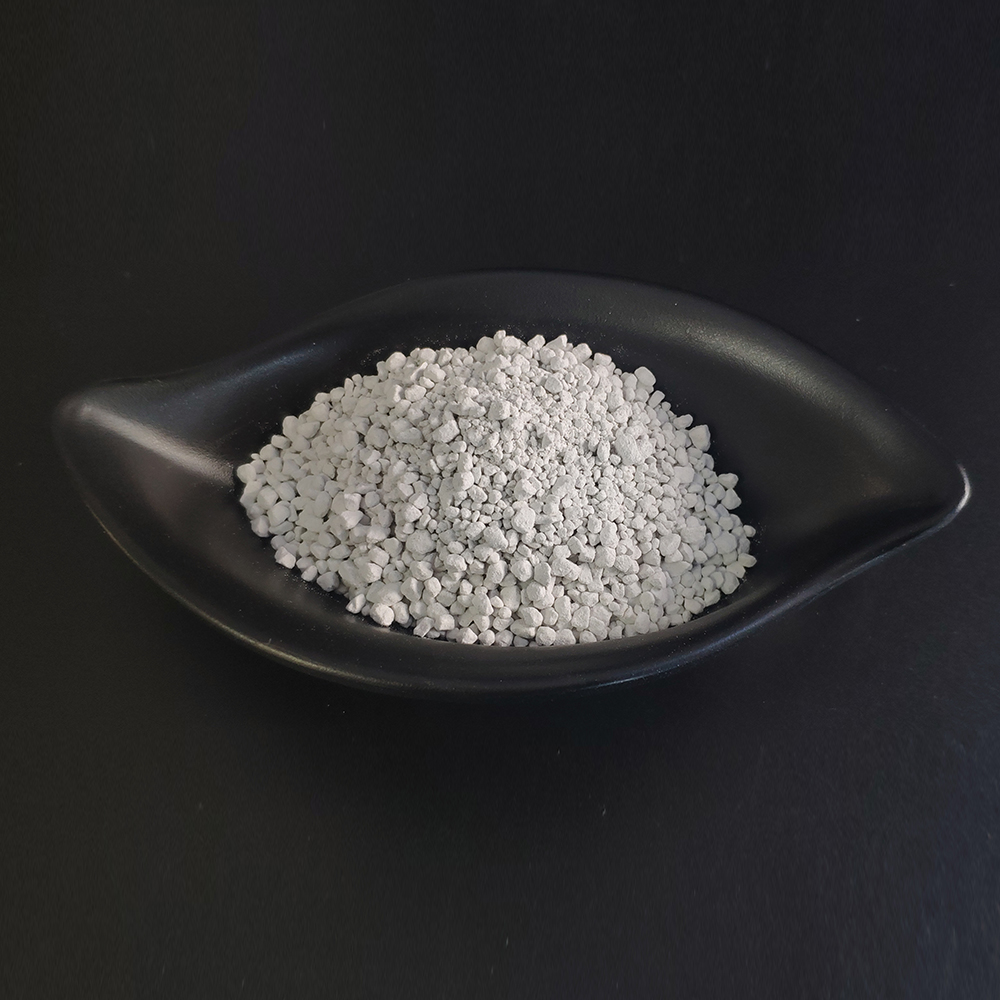
1. What is dicalcium phosphate feed used for? Dicalcium phosphate feed is used to give animals essential minerals, mainly calcium and phosphorus. It helps build strong bones, improve eggshell quality in poultry, and support milk production in dairy animals.
2. Is dicalcium phosphate a natural product? Dicalcium phosphate is a mineral compound. It is derived from natural sources, either from phosphate rock or from processed animal bones.
3. Can you give too much dicalcium phosphate to animals? Yes, giving too much can cause a mineral imbalance, which may lead to health problems. It is very important to follow the recommended dosage from a veterinarian or animal nutritionist.
4. What is the difference between dicalcium phosphate and calcium carbonate? Dicalcium phosphate provides both calcium and phosphorus. Calcium carbonate, like limestone, provides only calcium. Animals need both minerals, and DCP is a good way to supply them together.livestock's overall health and performance makes it a worthwhile consideration for your feed strategy.